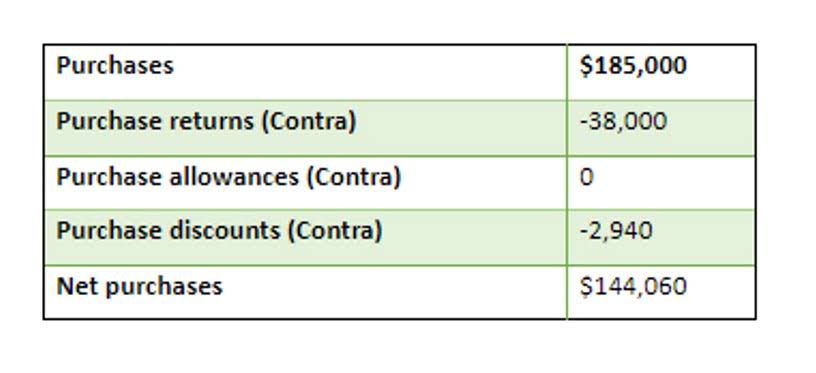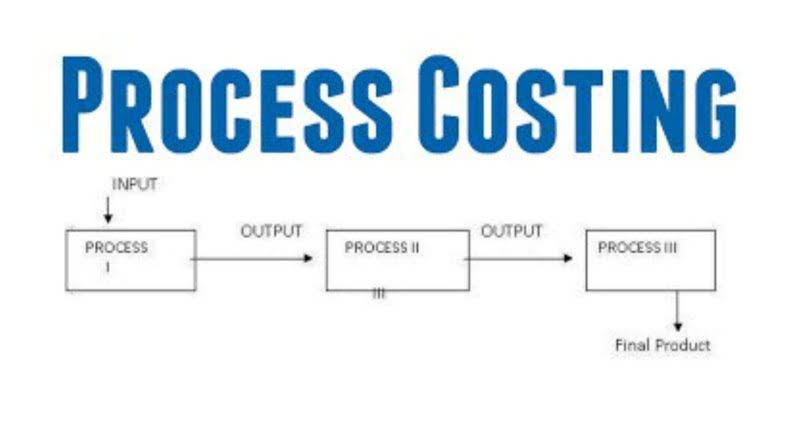
The good news is that most of the same valuation methodologies you’re used to seeing – public comps, precedent transactions, and even the DCF model – still apply to (most) oil, gas & mining companies. To get a sense of what the financial statements look like for a real company, click here to check out XTO Energy’s statements from just before they were acquired by Exxon Mobil. accounting oil and gas production Energy companies’ income statements do not have the usual Cost of Goods Sold / Gross Profit and Operating Expense distinction that you see for normal companies. You measure the company’s reserves (how much they have on their balance sheet, ready to extract, produce, and sell) and production (how much they produce and sell each day, month, quarter, year, etc.) in these units.
Our Corporate Tax Services
For accounting in the oil and gas industry, best practices are ever-evolving due to technological advancements, macroeconomic conditions, and the continual need to reduce general and administrative (G&A) costs. That “dry hole expense” I mentioned above is another name for unsuccessful exploration, and some companies actually add it back on their cash flow statements (long story, but essentially they are using a mix of both standards). A diversified oil & gas company has slightly different statements and you see more items related to its midstream and/or downstream capabilities; for a good example, click here to view Exxon Mobil’s financial statements.
How REITs can leverage financial analytics and dashboard reporting to drive success

When there are conflicts between different accounting principles or methods, a hierarchy exists to guide the selection of the most appropriate principle. Financial statements are prepared under the assumption that the entity will continue to operate for the foreseeable future. Financial statements should include all necessary information to ensure that users can make informed decisions. Under this principle, notes to the financial statements, supplementary disclosures, and other relevant information should be included. For example, if the company has 2 million barrels of oil reserves and an FCP of $50 million, each barrel, in theory, costs $25. If 500,000 barrels are produced, reserves are decreased to 1.5 million, and the FCP decreases to $37.5 million.
Hedging Activities

Depreciation and amortization, on the other hand, apply to tangible and intangible assets, respectively. Depreciation involves the systematic allocation of the cost of physical assets, such as drilling rigs and production facilities, over their useful lives. Both processes ensure that the costs of these assets are matched with the revenues they generate, providing a more accurate picture of a company’s financial performance. The choice of depreciation and amortization methods, such as straight-line or declining balance, can significantly influence financial statements and tax liabilities. Depletion, depreciation, and amortization (DD&A) are essential accounting practices in the oil and gas industry, reflecting the gradual consumption of capital assets over time.
- Probable and possible reserves, on the other hand, carry higher levels of uncertainty but offer potential upside.
- Under the successful efforts methodology, you expense them, and under the full cost methodology you capitalize them and add that CapEx to the PP&E on your balance sheet.
- The choice of depreciation and amortization methods, such as straight-line or declining balance, can significantly influence financial statements and tax liabilities.
- Both processes ensure that the costs of these assets are matched with the revenues they generate, providing a more accurate picture of a company’s financial performance.
- Energy companies’ income statements do not have the usual Cost of Goods Sold / Gross Profit and Operating Expense distinction that you see for normal companies.
- For more information on specific terminal locations that have HMSC products, please reference the “Terminal Locator” tab on this website.
- Deloitte refers to one or more of Deloitte Touche Tohmatsu Limited, a UK private company limited by guarantee (“DTTL”), its network of member firms, and their related entities.
It is important to note oil still in the ground is not considered an asset until it is extracted and produced. Once the oil is produced, oil companies generally list what isn’t sold as products and merchandise inventory. We perform state reporting for Texas, Oklahoma, Kansas and other states and subcontract complex state reporting needs, as required. We file electronically, ensuring all filing and payments are made on time and severance and production taxes correlate to production reporting and revenue distribution. When it comes to oil and gas companies, everything revolves around how they treat capitalized costs.
This distinction is crucial for accurate financial reporting and compliance with accounting standards. The financial results of a manufacturing company are impacted by depreciation expense for plant, property, and equipment. Understanding the unique terminology and principles in oil and gas accounting is fundamental for anyone involved in the industry. One of the primary concepts is the distinction between upstream, midstream, and downstream activities. Upstream activities involve exploration and production, midstream covers transportation and storage, while downstream includes refining and marketing.
- The more you can think outside the box to challenge the status quo, the more efficiencies you’ll gain in the long term.
- Students must attain a PGPA and/or a CGPA of 2.0 or better in each semester and pass the necessary prerequisite courses to progress through the program.
- Over the next decade, companies will see a fundamental transformation of how they can eliminate waste, streamline accounting, and automate daily tasks, as well as reduce overall G&A.
- Proper accounting practices build trust among investors, regulators, and the public, fostering confidence in the industry.
- Given the sector’s complexity, accurate accounting is crucial for compliance, investment decisions, and operational efficiency.

Recent Comments